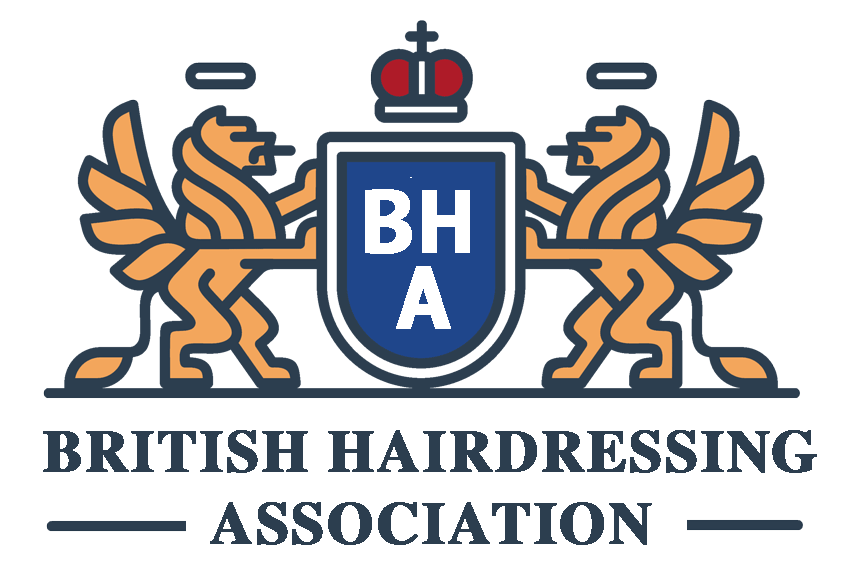What qualifications are needed for a career in hairdressing?
What Qualifications are Needed for a Career in Hairdressing?
If you’re passionate about pursuing a career in hairdressing, understanding the necessary qualifications is a critical first step. Hairdressing is a rewarding profession for those with a creative flair and a desire to help clients look and feel their best. Below, we break down the essential qualifications and skills you’ll need to start your journey in this exciting industry:
Educational Background
While formal education isn’t always required, having a strong foundation can significantly enhance your career prospects. Here are some common pathways:
-
High School Diploma or Equivalent: Most hair salons and cosmetology schools require at least a high school diploma or GED.
-
Vocational Training or Cosmetology School: Many hairdressers attend cosmetology schools, where they receive comprehensive training in hair cutting, styling, coloring, and chemical services. These programs typically last between 9 months to 2 years, culminating in a certificate or diploma.
- Associate Degree in Cosmetology (Optional): For those looking to deepen their skills, some institutions offer associate degree programs in cosmetology.
Licensing Requirements
After completing a formal education or training program, you’ll likely need to obtain a state license to practice hairdressing professionally. Licensing requirements can vary by state or country but generally include:
- Passing a Written Exam: Tests knowledge of hair care theory, techniques, and the health and safety regulations.
- Practical Skills Test: Demonstrates hands-on proficiency in hairdressing techniques.
- Continuing Education: Many regions require licensed hairdressers to pursue continuing education to stay updated on the latest trends and practices.
Essential Skills for Hairdressers
In addition to educational and licensing requirements, successful hairdressers often possess the following skills:
- Creativity and Artistic Ability: An eye for color, design, and precision cutting.
- Communication Skills: Ability to understand client needs and provide excellent customer service.
- Attention to Detail: Ensuring each cut or style meets the client’s requirements and salon standards.
- Business Acumen: Skills in client management and possibly sales if you endeavor to open your own salon.
Professional Development and Experience
Getting real-world experience through internships, entry-level positions, or apprenticeships can be invaluable. This hands-on exposure allows aspiring hairdressers to refine their techniques and build a clientele.
Conclusion
Pursuing a career in hairdressing is a journey that combines formal education, practical training, licensing, and ongoing professional development. If you have a passion for hairstyling and a commitment to continuous learning, hairdressing can be a fulfilling career choice that offers both creativity and job satisfaction.
Optimize your path to a successful hairdressing career by meeting these qualifications and honing the necessary skills. Whether you’re interested in becoming a colorist, stylist, or even salon owner, the opportunities are as diverse as they are plentiful in this dynamic industry.

